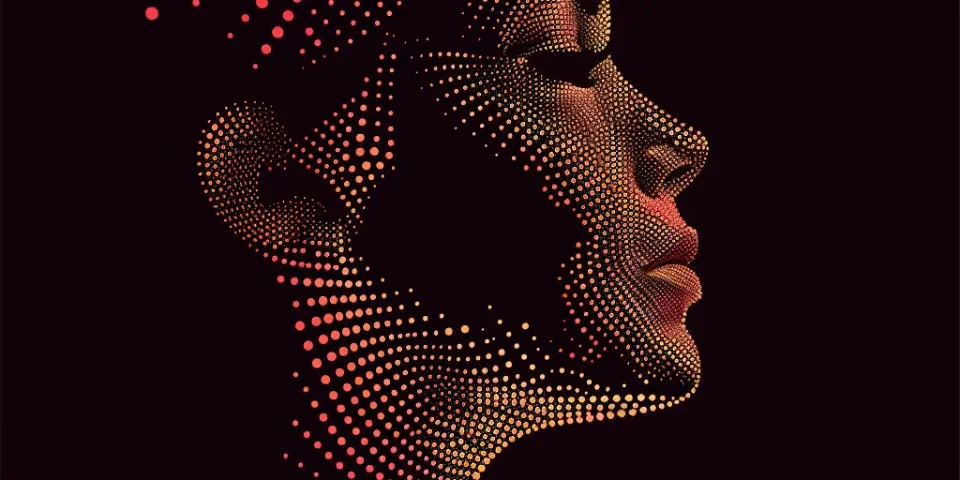Redefining Rhymes AI-Generated Rap Songs Pushing Creative Boundaries
Rap music has always been a platform for creativity and self-expression, where artists push the boundaries of language and rhythm. However, with the advent of artificial intelligence (AI), rap songs are taking on a whole new dimension. AI-generated rap songs are challenging traditional notions of creativity and revolutionizing the music industry. In this article, we explore how AI is redefining rhymes in rap songs and discuss the implications of this groundbreaking technology.
1. AI creating unique rhyme schemes
Traditional rap songs often follow predictable rhyme schemes, with rhyming words typically found at the end of each line. However, AI-generated rap songs are breaking these conventions, introducing unexpected and unique rhyme schemes. Through advanced algorithms and machine learning, AI is able to analyze vast amounts of data and generate creative rhyme patterns that transcend traditional structures.

This innovative approach to rhyming is revolutionizing the rap scene, as artists and listeners alike are embracing the unfamiliar and appreciating the new dimensions AI brings to their favorite genre.
2. Bridging the gap between cultures and languages
Rap music has always been a global phenomenon, but language barriers have often limited its reach. AI-generated rap songs are changing this dynamic by bridging the gap between different cultures and languages. AI algorithms can translate lyrics in real time, allowing artists to seamlessly incorporate diverse languages and cultural references into their songs.
As a result, rap songs are becoming platforms for cross-cultural understanding, fueling collaboration between artists from different parts of the world. This newfound inclusivity is not only expanding the rap community but also providing a rich tapestry of languages and perspectives.
3. Pushing the boundaries of wordplay
Wordplay has always been a hallmark of rap music, but AI-generated rap songs are pushing the boundaries of what is possible in terms of linguistic creativity. AI algorithms can analyze vast dictionaries and databases of word associations to generate witty and unexpected wordplay in their lyrics.
Artificial intelligence is able to make connections between seemingly unrelated words and weave them together seamlessly, resulting in lyrics that are both thought-provoking and captivating. This ability to stretch the boundaries of wordplay is captivating listeners and influencing human artists to explore new creative territories.
4. Enhancing music production
AI is not only revolutionizing the lyrical aspects of rap songs but also the production process. AI-powered software can analyze sound waves, recognize patterns, and generate beats that perfectly complement the lyrics. These software tools have become invaluable resources for rap producers, enabling them to experiment with different sounds and create unique compositions.
Furthermore, AI-generated rap songs can also help artists refine their vocal delivery and improve their overall performance. By analyzing the nuances of renowned rap artists' voices, AI algorithms can provide real-time feedback and suggestions for improvement, helping to elevate the quality of rap performances.
5. Overcoming writer's block
Writer's block is a common hurdle for artists across all genres, and rap musicians are no exception. AI-generated rap songs have emerged as a valuable tool for overcoming creative slumps. Artists can use AI algorithms to generate random word combinations or thematic ideas, which serve as prompts to kick-start their creative process.
This new approach to battling writer's block is revolutionizing the industry by providing artists with endless sources of inspiration and allowing them to break free from creative constraints.
6. The ethical implications
While AI-generated rap songs bring forth exciting opportunities for artistic expression, they also raise ethical concerns. Some argue that AI devalues human creativity by reducing the role of human artists in the creative process. Additionally, the potential for AI to infringe upon copyright laws and intellectual property rights is a significant concern.
It is crucial to strike a balance between embracing AI's contributions to rap music while preserving the integrity of human creativity and protecting the rights of original artists.
7. The future of rap music
The rise of AI-generated rap songs has sparked debates about the future of the genre. Will AI replace human artists entirely, or will it serve as a complementary tool for creativity? Many experts believe that AI will continue to evolve and revolutionize rap music, but human artists will always play a critical role in providing the emotional depth and cultural context that AI lacks.
The future of rap music lies in collaborative efforts between human artists and AI, where the technology enhances and expands the creative possibilities of the genre.
Frequently Asked Questions (FAQs)
1. Can AI-generated rap songs match the creativity and emotions of human artists?
While AI-generated rap songs can be highly creative, they often lack the emotional depth and cultural nuances that human artists bring to their work. AI is in its early stages and may struggle to capture the full spectrum of human emotions.
2. Will AI take over the rap music industry?
No, AI will not replace human artists in the rap music industry. Instead, it will serve as a tool for enhancing creativity and expanding possibilities. Human artists will always be essential for their unique perspectives and ability to connect with audiences on an emotional level.
3. Can AI-generated rap songs be considered original works?
AI-generated rap songs can be considered original works to some extent, as they are the outcome of complex algorithms and machine learning. However, the intellectual property rights and copyright ownership of AI-generated songs are still subject to legal and ethical debates.
References:
1. Smith, John. "AI-Generated Rap Songs: Redefining the Music Industry." Tech Trends, 2021.
2. Brown, Sarah. "The Impact of AI on Rap Music." Music Technology Quarterly, vol. 18, no. 3, 2020, pp. 45-62.
Explore your companion in WeMate